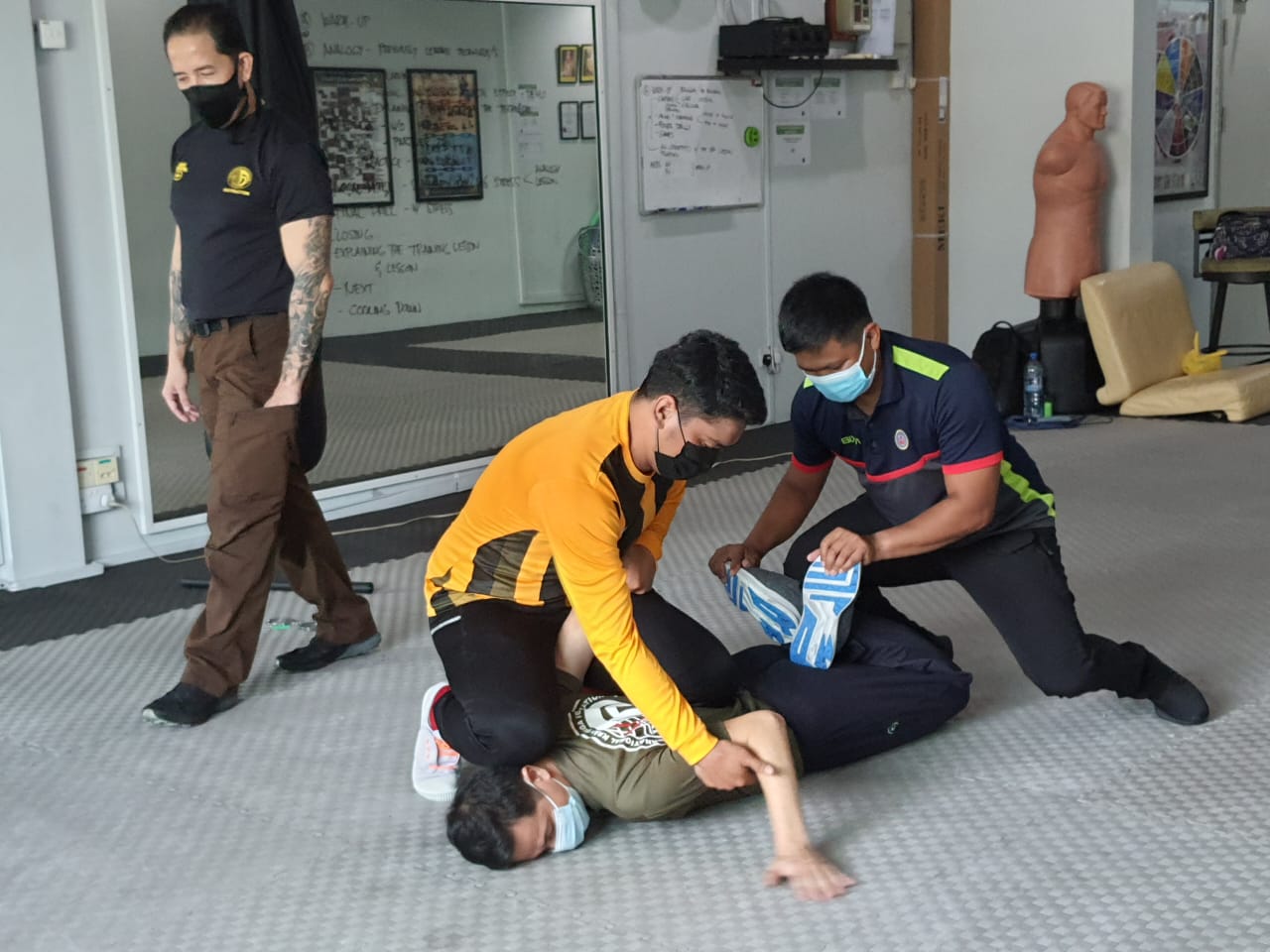In law enforcement, the delicate interplay between the use of force and de-escalation techniques stands as a cornerstone of ethical and effective practice. This dynamic relationship holds the key to ensuring public safety while upholding human rights and fostering trust within communities.
Use of force is a necessary tool in certain situations, but its application must be measured and proportional. The escalating levels of force, from verbal commands and physical control to the use of non-lethal weapons, must align with the threat level presented. This hierarchy aims to minimize harm and prevent excessive use of force, maintaining the dignity and rights of individuals.
De-escalation, on the other hand, is an art that involves defusing tense situations through communication, active listening, and empathy. It’s about transforming a potentially volatile encounter into a manageable and safe one. De-escalation not only prevents the escalation of force but also allows for peaceful resolutions that benefit everyone involved.
The critical importance lies in striking a balance between these two concepts. While use of force might be required when facing imminent danger, it should be the last resort. Law enforcement and security personnel must be trained to assess situations accurately, using de-escalation techniques to reduce tension and volatility whenever possible. This approach helps to prevent unnecessary injuries, tragic outcomes, and the erosion of community trust.
In an era where transparency and accountability are paramount, the adept use of de-escalation techniques enhances the reputation of security and law enforcement agencies. Communities are more likely to trust officers who prioritize peaceful resolution and exercise restraint. By minimizing the use of force, these professionals demonstrate their commitment to protecting citizens while respecting their rights.
Recognizing that the success of use of force and de-escalation techniques hinges on proper training, agencies invest in comprehensive programs that equip their personnel with the necessary skills. Regular training refreshes techniques, hones decision-making abilities, and ensures that officers remain prepared to handle a diverse range of scenarios.


